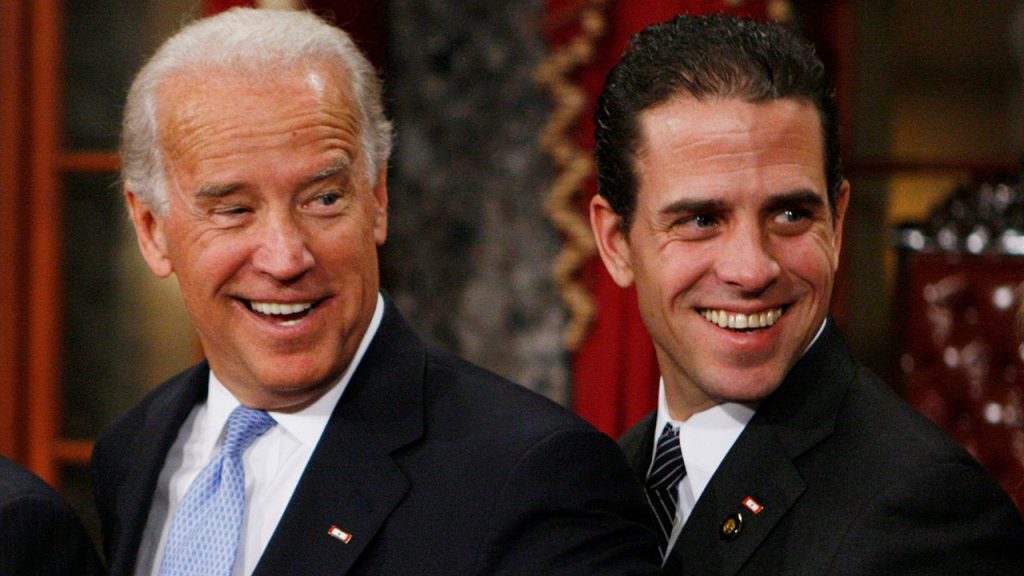President Joe Biden has faced criticism for issuing a sweeping pardon for his son, Hunter Biden, which goes against his previous statements extolling the judiciary as a bulwark against executive abuses of power. In July, Biden criticized the Supreme Court’s ruling on presidential immunity, stating that no one is above the law, not even the president. The ruling expanded the view of presidential immunity, which Biden believed fundamentally changed the separation of powers and allowed virtually no limits on what a president can do.
The Supreme Court’s 4-3 decision granted presidents absolute immunity from actions taken within the scope of core constitutional powers, as well as a presumption of immunity for other actions while in office. Biden strongly opposed this ruling, expressing concerns about unchecked executive power and the erosion of necessary parameters for a sitting president. He emphasized the importance of judgment and character in the presidency, as well as the need for wisdom to respect the limits of presidential power.
Six months later, Biden faced criticism for pardoning Hunter Biden for any federal crimes he may have committed between January 1, 2014, and December 1, 2024. Biden defended his decision, citing an unfair investigation and prosecution of his son that he believed was politically motivated and resulted in a miscarriage of justice. Critics pointed out that the pardon could further erode public trust in the Justice Department and validate former President Trump’s claims that the department is politicized and can be weaponized for political purposes.
Some lawmakers and legal analysts criticized Biden for his decision to pardon Hunter Biden, which contradicted his previous stance on presidential immunity and the importance of impartiality in the justice system. Biden’s pardon was seen as endorsing Trump’s belief that the Department of Justice is politicized and lacks impartiality. The president’s critics voiced concerns that the pardon could undermine the public’s perception of the Justice Department’s independence and integrity.
The controversy surrounding Biden’s decision to pardon his son has ignited a debate on the role of presidential power, the sanctity of the rule of law, and the need for checks and balances in the executive branch. Critics argue that the pardon sets a dangerous precedent and could further erode public trust in the justice system. Biden’s critics accused him of hypocrisy for issuing a pardon that contradicted his previous statements on the importance of presidential accountability and the limits of executive power.
The criticism of Biden’s decision to pardon Hunter Biden highlights the challenges of balancing the president’s authority with the rule of law and the need for accountability in government. The controversy has reignited debates over the limits of presidential power and the importance of upholding democratic norms and principles. Biden’s critics argue that the pardon undermines the credibility of the Justice Department and raises questions about the integrity of the legal system. The fallout from the pardon may have broader implications for the Biden administration’s credibility and its commitment to upholding the rule of law.

